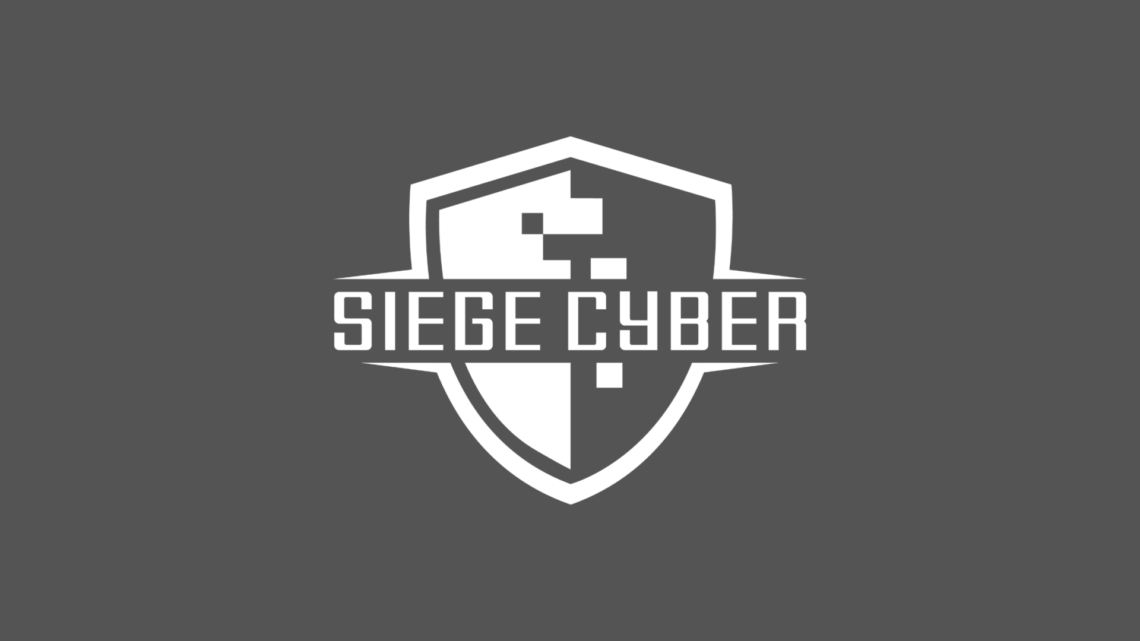
Why SOC2 Requirements Are Essential for Tech Companies
In the age of digital information, cybersecurity presents a frontier that all tech companies must guard passionately. Amidst the growing concerns for digital privacy and data protection, SOC2 compliance emerges as a beacon of trust and security. In this post, we unravel the importance of SOC2 requirements and how they benefit not only tech companies but also the broader ecosystem in which they interoperate.
What is SOC2?
SOC2, or Service Organization Control 2, is a framework for managing data that clients entrust to service providers, primarily in the SaaS and cloud computing realms. It is a set of criteria set forth by the American Institute of CPAs (AICPA) to evaluate and report on the effectiveness of data management and privacy controls within an organisation.
This framework is designed around five “trust service principles”: Security, Availability, Processing Integrity, Confidentiality, and Privacy. These principles are not only pillars upholding SOC2 but also key considerations any tech company should prioritise in their quest for secure and trustworthy service delivery.
Benefits of SOC2 Compliance
Demonstrates Commitment to Security
Being SOC2 compliant is a clear signal to customers that your company prioritises the protection of their data with high standards of information security policies and procedures.
Builds Customer Trust and Confidence
Knowing that a tech company is SOC2 compliant gives customers added confidence in their decision to do business with you, cementing trust in the digital ecosystem.
Protects Sensitive Data
With SOC2 compliance, companies align themselves with proven methodologies to safeguard sensitive information against unauthorised access and data breaches.
Enhances Business Reputation
In an industry where reputation is often the currency of trust, a SOC2 attestation can distinguish your company as a reliable and safe partner in the eyes of stakeholders and potential customers.
Key SOC2 Requirements
Security
The protection of system resources against unauthorised access. SOC2 requires the enforcement of access controls that only permit legitimate and authorised users to access sensitive data or systems.
Availability
Ensuring the availability of systems, products, or services as stipulated in a contract or service level agreement. Regular monitoring and performance testing are key components of addressing these requirements.
Processing Integrity
Processing integrity involves validating the complete, valid, accurate, timely, and authorised processing of system transactions.
Confidentiality
Refers to the restriction of data access and disclosure to a specified set of persons or organisations, protecting internal information during its collection, processing, and use.
Privacy
Encompasses the system’s collection, use, retention, disclosure, and disposal of personal information in accordance with the organisation’s privacy notice and criteria set by the AICPA.
Common Challenges in Meeting SOC2 Requirements
Limited Resources
Small or new companies may struggle with the investment required to meet and maintain SOC2 compliance due to limited financial or human resources.
Complex Implementation Process
Implementing the broad array of controls required by SOC2 can be a daunting task, requiring a degree of expertise in various aspects of IT and data security.
Maintaining Ongoing Compliance
It’s not enough to merely achieve SOC2 compliance; organisations must constantly monitor and update their controls to ensure continued adherence to the standards.
Tips for Achieving SOC2 Compliance
Conduct a Gap Analysis
Start by assessing your current security posture to identify gaps in compliance.
Develop and Implement Policies and Procedures
Formulate comprehensive policies and procedures that cover each of the five trust principles and integrate these into company operations.
Regularly Monitor and Assess Security Controls
Set a routine for continuous monitoring and regular assessments to ensure controls remain effective over time.
Engage a Third-Party Auditor
Partner with an independent auditor to conduct an unbiased evaluation of your compliance status.
Conclusion
For tech companies, large and small, embracing SOC2 requirements is no longer optional—it’s a strategic imperative. This comprehensive approach to cybersecurity standards not just ensures compliance with industry norms, but it effectively fortifies the company’s data integrity and customer confidence, both of which are invaluable in today’s competitive tech landscape.
Should your company require assistance or guidance in navigating the complexities of SOC2 compliance, Siege Cyber stands ready to lend expert support. Together we can erect robust data defenses and cultivate cybersecurity resilience that not only meets but exceeds SOC2 compliance expectations.
Remember to factor in these insights and strategies on your journey to SOC2 compliance. Your commitment to cybersecurity standards such as SOC2 not only protects your own operations but also contributes to the security and integrity of the entire tech industry.